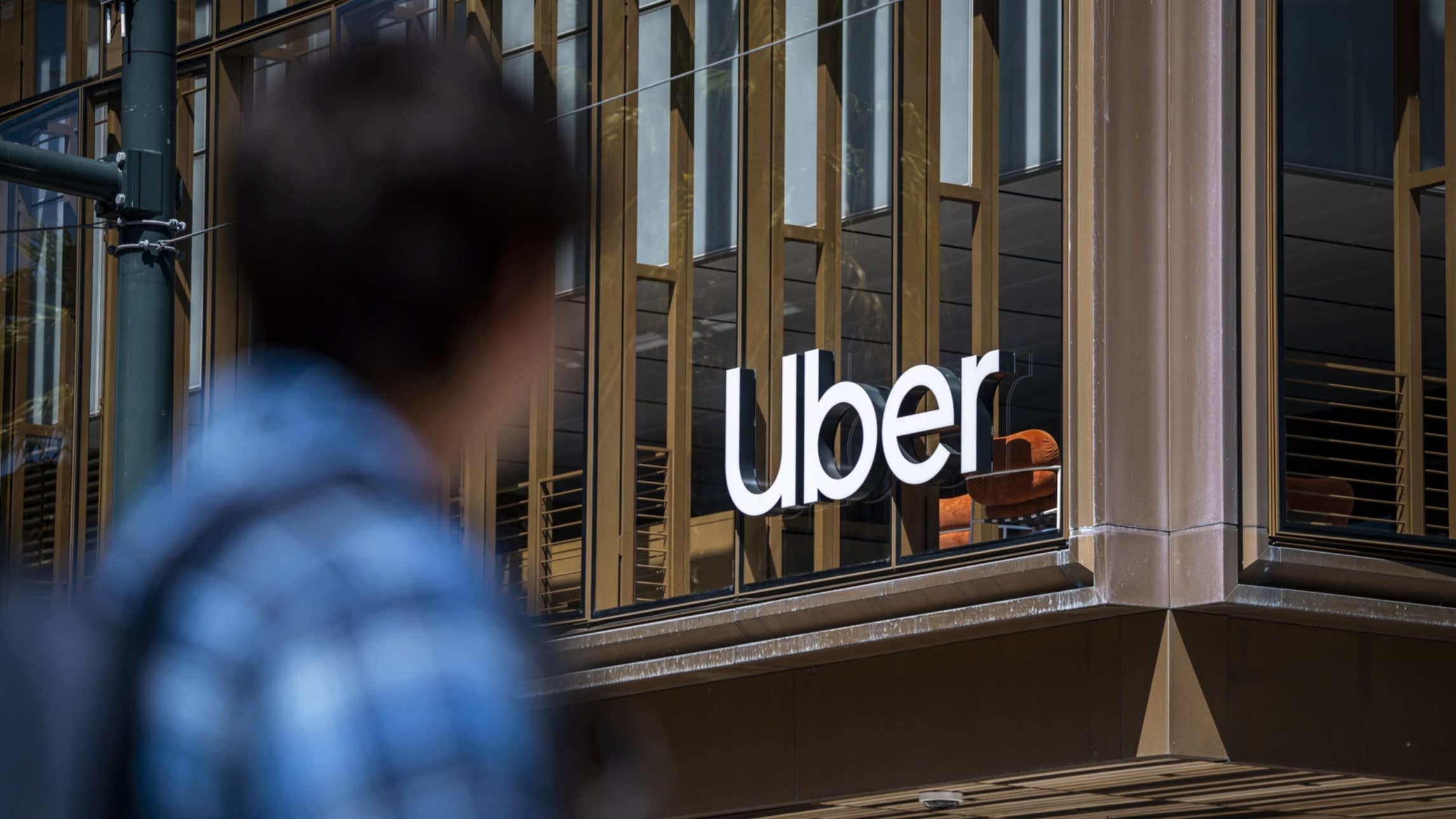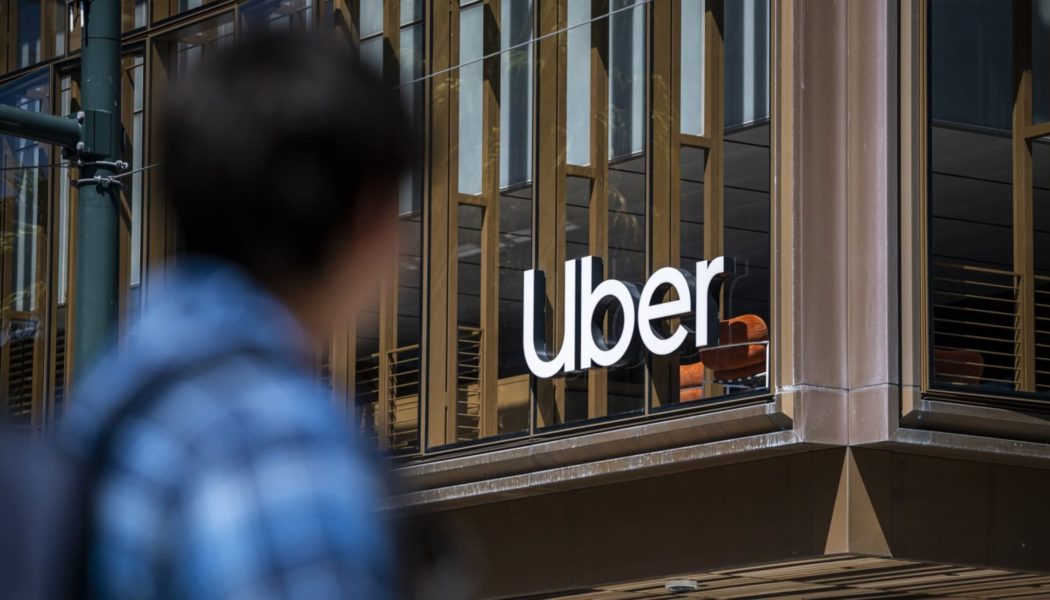
Uber has launched flight bookings to its UK app as part of the ride-booking giant’s push to become a travel “super app”, allowing customers to book a complete journey across multiple forms of transport.
The San Francisco-based group has started rolling out the new booking tool for domestic and international flights to UK customers, and plans to expand it to users across the country in the coming weeks.
Andrew Brem, Uber’s UK general manager, told the Financial Times the launch of commercial flight bookings was “the latest and most ambitious step” in the company’s strategy to expand its core ride-booking business into a wider travel booking platform.
The UK, one of Uber’s biggest markets outside North America, is serving as a test ground for these ambitions, and Uber has already rolled out domestic train, Eurostar and coach ticket bookings in the country.
Brem said train bookings had already proved “incredibly popular” with customers, and grown 40 per cent month on month since their launch last year, without disclosing how many tickets had been sold.
Uber has partnered with travel booking company Hopper to sell flights, and will take a small commission from each sale. It also has the option of adding a booking fee on top in the future.
The move is part of a long-term vision of chief executive Dara Khosrowshahi, who first talked about Uber becoming a wider travel platform in 2018. This plan was delayed by the pandemic, which brought the travel and transport industry to a halt, and led the group to focus on its food delivery business.
Uber has attempted to offer flights in the past through a different model. In 2019, it launched $200 helicopter rides in the US for trips between Manhattan and JFK airport under the brand Uber Copter, which was essentially an air charter broker. The service was cancelled in 2020 following the onset of pandemic lockdowns around the world.
One benefit of adding the option to book flights on its app will be to funnel more users into Uber’s main ride-booking business, including by offering discounted rides to the airport with a flight booking.
About 15 per cent of Uber’s global revenue is made from airport trips, while in the UK 40 per cent of journeys start or end near transit hubs.
“We hope to build our core business,” Brem said. He said the group hoped to expand bookings on other forms of transport including flights to more countries but had “no firm plans” currently.
The diversification push comes as Uber’s results this month showed it continued to ride out rising inflation and economic uncertainty better than expected and compared to its rivals.
It has also overcome a rocky period in the UK, which saw demand for its ride-booking services rapidly outstrip the number of available drivers as the economy reopened. This was resolved partly through increasing pay and fares, and it now has more drivers working in the UK than before the pandemic.
“Last year saw an incredible rebound in demand from passengers and it has taken a while to attract drivers to come back,” Brem said.
Brem said he “hoped” users had noticed better reliability from the service, but could not guarantee that fares would not rise further to keep drivers working on the app.
Last week the chief executive of rival private hire company Addison Lee, which has also raised fares, said he did not think further price rises were possible given the current economic background.








